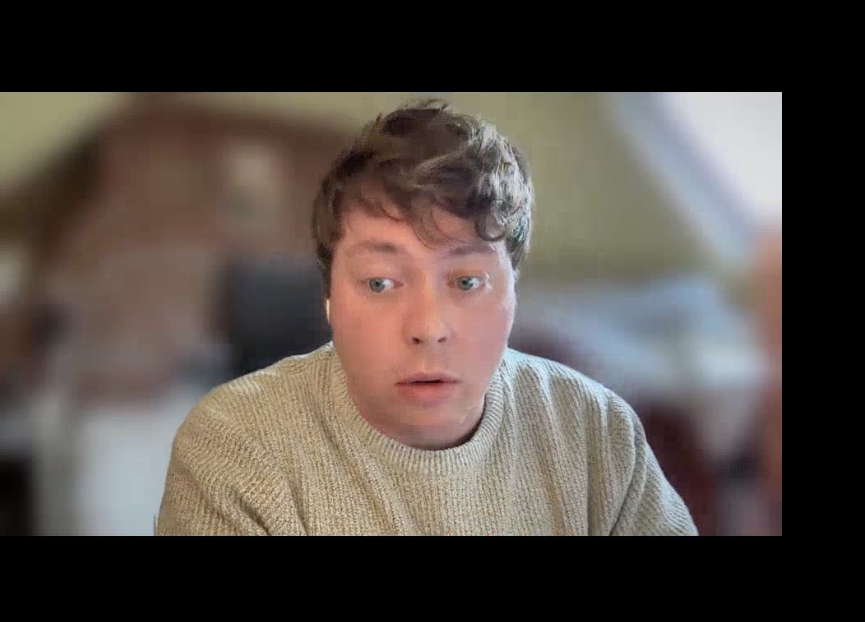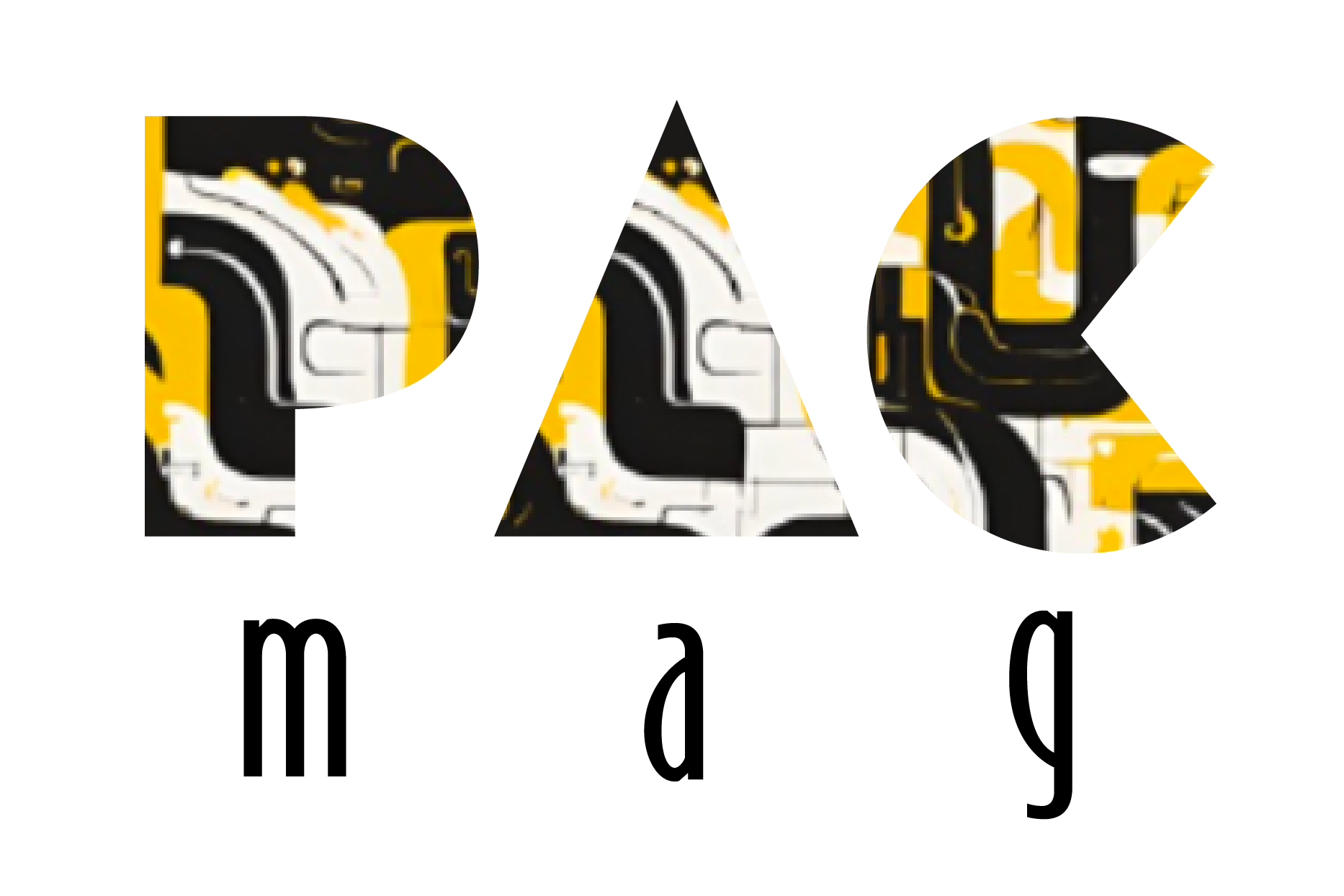From AI-generated compositions to virtual artists, AI is reshaping how music is created, distributed, and consumed. But what does this mean for the future of music, and how will it continue to shape the industry?
To explore these questions, we chatted with music industry PhD student James (name changed for anonymity), a music industry expert, Henry Morgan, and artificial intelligence (AI) and music industry expert, Olivier Pasquet. They shared their unique perspectives on how these emerging technologies are influencing the music landscape and what it means for what happens next.


AI-powered tools have significantly enhanced music composition, allowing musicians to generate melodies and even lyrics with minimal input. Platforms like OpenAI’s MuseNet and Google’s Magenta can create entire songs across various genres, from classical symphonies to modern pop tracks.
James, who is an AI & Music researcher explains: “These innovations are reshaping the music creation process. AI can help composers generate ideas they might not have thought of on their own and help them break through creative barriers.” He continues: “AI does not simply replicate existing styles but it can be used by a composer’s input to create original pieces.” However, despite the impressive capabilities of tools like MuseNet and Magenta, Olivier Pasquet as a music producer and visual artist suggests AI can be a tool for enhancing creativity, not a source of emotional depth. “While AI can generate melodies and scores, it can’t capture human emotion, though it’s good at generating data that turns into emotion when picked up by the human.”
AI in music production
Beyond composition, AI is transforming the production process. Tools such as the Landr App enable artists to optimize sound quality automatically, achieving studio-level precision without costly equipment or engineers.
Olivier Pasquet is a composer, music producer and visual artist. Nowaday, he is currently on the faculty of the Department of Computational Arts at Goldsmiths, University of London. He emphasizes that AI has democratized access to high-quality production. “Artists no longer need to spend thousands on studios or waste time perfecting sound,” he comments. With AI-driven tools, independent musicians can produce professional tracks with just a computer and a quiet space. However, he also suggests that AI has limitations. “Each musician will need to decide how to interact with AI based on their own artistic needs,” he explains. This suggests that AI is an evolving tool musicians can choose to embrace or bypass.
AI’s role in music promotion and marketing
AI is revolutionizing music promotion, particularly on streaming platforms like Spotify and Apple Music. These platforms use AI-driven algorithms to create personalized playlists and influence listener preferences, shaping music trends.
While analyzing vast data, AI helps emerging artists reach their target audience more effectively. Yet, its use in music promotion raises ethical concerns. “AI recommendations could limit musical diversity by repeatedly offering similar content,” James explains. On the other hand, Olivier Pasquet also states “these algorithms, controlled by large streaming companies, leave indie artists with little control over their exposure. Mainstream artists and major labels often receive priority due to commercial interests.” This can result in niche and lesser-known artists being overlooked.
Copyright concerns
As AI becomes more prevalent in music creation, questions about copyright and ownership are becoming increasingly complex. Who owns the songs generated by these technologies? The programmer, the artist who provided the data, or the AI itself? This debate has sparked real-world protests from artists. Recently, a group of top musicians released a silent album to protest against AI-driven copyright changes—a striking demonstration of their concerns about the impact of music produced in this way on creative rights.
Henry Morgan is a Lecturer in Arts Management at the Institute for Creative and Cultural Entrepreneurship at Goldsmiths, who specializes in digital culture and ethnomusicology. Firstly, he highlights the growing complexity of copyright law in the age of AI. He explains: “Music ownership traditionally relies on authorship of a composition or the rights to a recording. But AI-generated music blurs these distinctions, making copyright claims more complicated. Because AI lacks human authorship, many legal systems do not grant copyright protection to purely AI-created works.”
The UK government has proposed changes to copyright law. However, this has sparked controversy within the arts and culture sector, with many artists expressing objections. They fear that AI could undermine their intellectual property rights. As James is also a PhD student admits: “This shift in policy discussions highlights the complex relationship between AI advancements and intellectual property rights. Artists are pushing back because they fear losing control over their creative work, but policymakers must also consider how to foster innovation.”
With extensive experience in the music industry-Olivier Pasquet offers a different perspective. He argues: “AI copying an artist’s style does not constitute plagiarism, because human artists themselves are influenced by culture and style.” For instance, classical musicians often draw upon the styles of their predecessors, and popular music producers frequently borrow from a range of genres. Similarly, AI is simply using existing cultural contexts to create music, rather than stealing it. The key to determining whether it’s theft lies in how the technology is used. If the AI merely replicates a musician’s work without introducing new ideas or variations, it lacks originality and cannot be considered true artistic creation. However, if it is used as a collaborative tool—helping musicians with creative inspiration or assisting in arrangements—it can become a powerful aid in the creative process.
Olivier Pasquet emphasizes that “creation is not just about technology, but often more about the artist’s personal perspective and identity.” Many creative works are not solely the product of the artist, but rather the result of a team effort involving assistants or generative algorithms. In this context, AI may simply be one part of the collaborative creative process, rather than an independent creator.
The future: collaboration
While Lecturer Henry Morgan, who has a background in musicology, he believes that generative AI may put many people’s jobs at risk, he also suggests that AI can serve as a tool for collaboration, enhancing creativity rather than replacing it entirely.
He predicts that AI-generated music will become increasingly prevalent in background settings such as retail stores, offices, and social media. “Generative AI music will likely become one of people’s favorite soundtracks in the next few years,” he says, highlighting how AI could change the landscape of music consumption in everyday spaces.
On the other hand, Olivier Pasquet acknowledges the uncertainty surrounding AI’s future impact. He points out: “That’s going to depend on technological advances, and we’re still using the 2017 transformer model.” However, just as digital technology and the internet have transformed the music industry, this further innovations are poised to do the same. “While it is currently impossible to accurately predict where AI music will end up, it is certain that the definition of music, the way it is created, and the patterns of consumption will see unprecedented changes,” Olivier Pasquet says, emphasizing the transformative potential of AI in reshaping how we perceive and engage with music.
Echoing this sentiment, Henry Morgan concludes: “Musicians who embrace AI as a tool rather than viewing it as a threat will stand to benefit the most. Art that integrates new technologies in innovative ways will not disappear from the market. It will evolve.”
AI is undeniably transforming the music industry, influencing everything from composition and production to marketing and copyright law. While it offers exciting opportunities for increased efficiency and accessibility, it also presents significant ethical and legal challenges.
The future of music will hinge on finding a balance between AI-driven advancements and human creativity. As technology evolves, the role of musicians will inevitably shift, but their artistic vision and emotional depth will remain irreplaceable. Olivier Pasquet, a researcher in the field of Music and Artificial Intelligence, has spent a great deal of time exploring the correlations that can be made between technology and creativity, and his work has shaped what is known about AI in the arts. He concluded our interview by saying: “AI is not here to replace music; rather, it is here to enhance and expand its possibilities!’’
